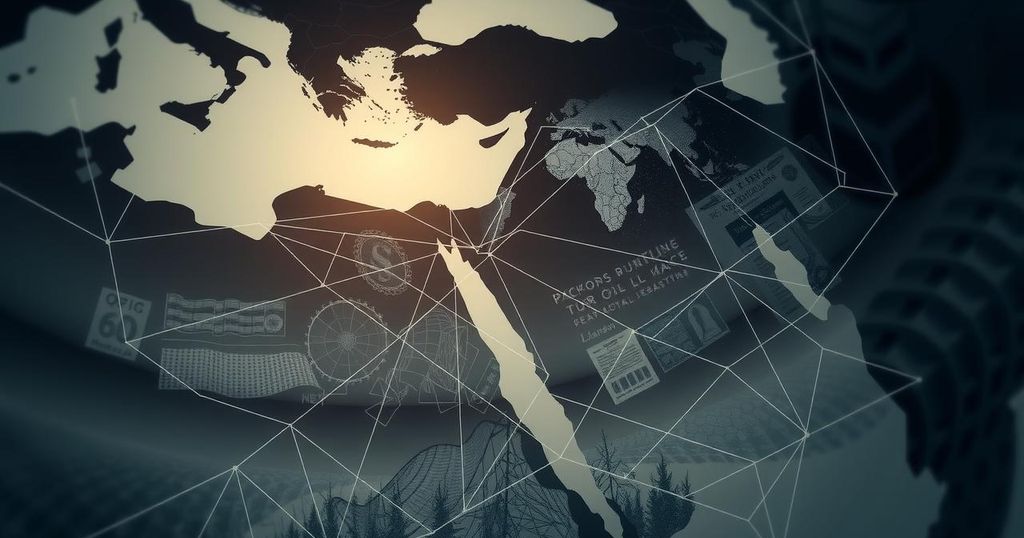Iran has vehemently denied Israeli claims of funding Hezbollah to undermine Lebanese reconstruction, calling the accusations unfounded. The Foreign Ministry has urged international intervention against Israeli violence in the West Bank and asserted the importance of Palestinian self-determination. Iran also remains committed to holding Israeli leaders accountable for their actions and supports developments in Syrian governance.
The Iranian Foreign Ministry has dismissed Israeli allegations of financial support to Hezbollah in Lebanon, describing these claims as baseless and intended to obstruct Lebanon’s recovery following Israeli military actions. Spokesperson Esmaeil Baqaei stated that such accusations are elements of a larger scheme to hinder reconstruction efforts in light of past Israeli aggression.
Following a ceasefire agreement last November, Israel faced significant military setbacks in its prolonged conflict with Hezbollah. The Iranian government now calls on the international community to intervene against escalating Israeli violence, particularly in the West Bank, voicing concerns over reported human rights violations. Baqaei warned of a potential genocide occurring in the area, pressing for urgent action to prevent normalization of violence.
In addition to calling for accountability from Israeli leaders, Baqaei noted the formation of a new coalition in the Netherlands aimed at pursuing legal actions against Israeli officials for their conduct during the Gaza conflict. Emphasizing the necessity of justice for Palestinians, he condemned the continued Western military support for Israel and insisted that such leaders face legal repercussions for their actions.
Iran conveyed strong disapproval of former President Donald Trump’s relocation proposal for Gaza inhabitants, asserting that the future of Gaza should be determined exclusively by Palestinians. Baqaei remarked, “No foreign power has the authority to decide Gaza’s fate—only the Palestinian people can decide their own future.” His statement reflects a wider rejection of external settlement plans by Palestinian leaders and regional governments.
On the Syrian political situation, Baqaei emphasized Iran’s support for any government that represents the desires of the Syrian populace. He expressed hope for a transitional period that leads to an inclusive government encompassing all Syrian voices.
Furthermore, Baqaei announced the appointment of Ali Mousavi as Iran’s new ambassador to the UK and addressed Iran’s summoning of the Swedish ambassador to express discontent regarding the detention of cleric Mohsen Hakimollahi. He condemned Hakimollahi’s potential deportation as a clear violation of human rights, stating, “These actions are unjust, and we stand firmly against them.”
This article discusses the Iranian Foreign Ministry’s response to recent accusations made by Israel concerning financial support to Hezbollah. These allegations arise in the context of heightened tensions following a ceasefire. Furthermore, it touches upon Iran’s position regarding human rights violations in the West Bank, its support for Palestinian self-determination, and its involvement in regional political matters, including Syria. The article also highlights diplomatic developments affecting Iran’s international relations, particularly concerning Sweden and the UK.
In conclusion, Iran’s Foreign Ministry firmly repudiates Israeli allegations aimed at undermining Lebanon’s reconstruction while advocating for intervention against Israeli actions in the West Bank. The ministry’s stance on international law and human rights emphasizes accountability for Israeli officials and respect for Palestinian sovereignty. Additionally, Iran’s diplomatic engagements and internal political matters demonstrate its active role in regional geopolitics and its commitment to supporting oppressed populations.
Original Source: www.tehrantimes.com






